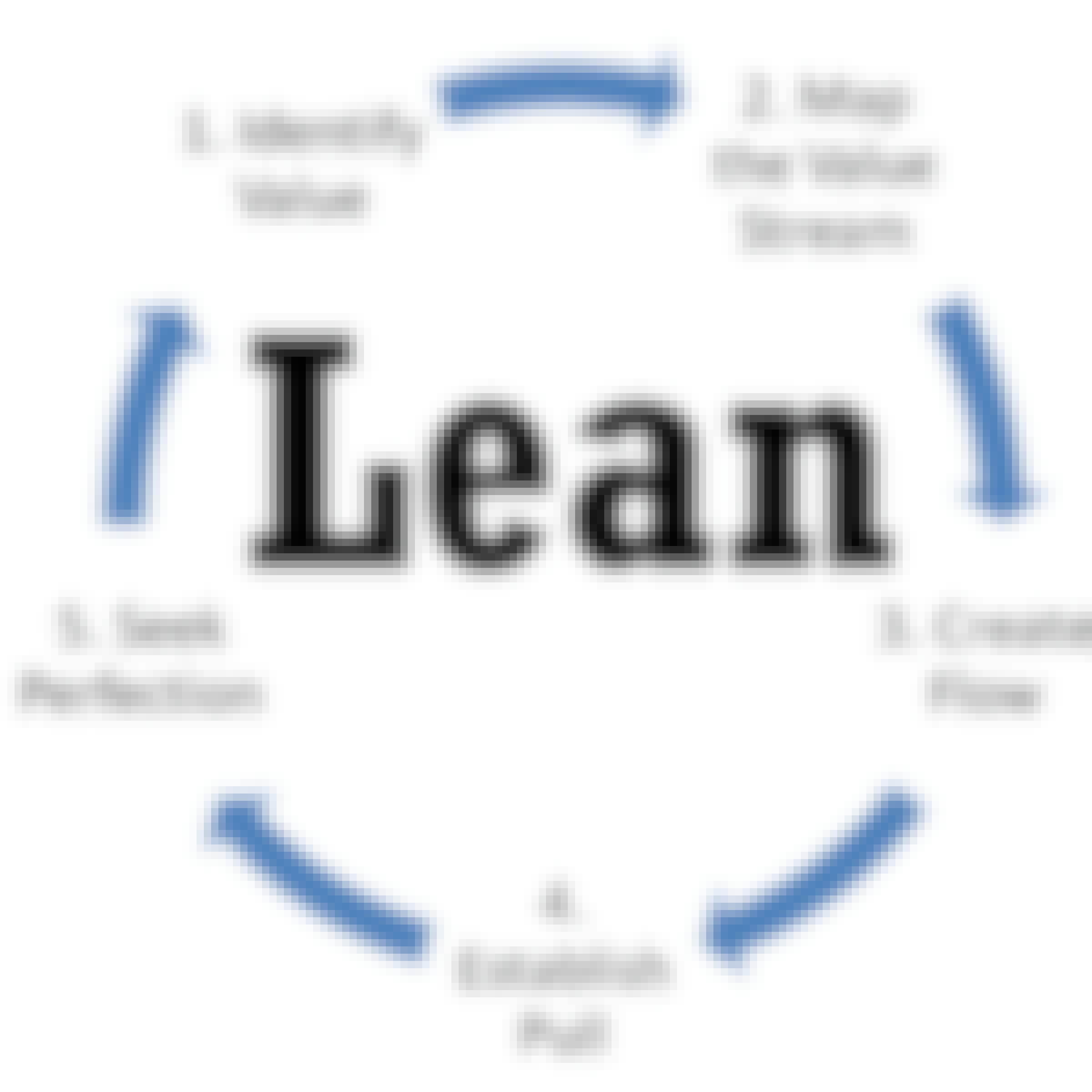Filter by
SubjectRequired
LanguageRequired
The language used throughout the course, in both instruction and assessments.
Learning ProductRequired
LevelRequired
DurationRequired
SkillsRequired
SubtitlesRequired
EducatorRequired
Explore the Entity Framework Course Catalog

Meta
Skills you'll gain: React Native, Mobile Development, Cross Platform Development, UI Components, Mobile Development Tools, iOS Development, React.js, Front-End Web Development, Android Development, User Interface (UI), Development Environment

University of Maryland, College Park
Skills you'll gain: Commercialization, Innovation, New Product Development, Product Development, Team Building, Entrepreneurship, Design Thinking, Product Testing, Customer Insights, Business Strategies, Team Motivation, Ideation, Market Opportunities, User Research, Business Modeling, Competitive Analysis, Recruitment Strategies

University of Illinois Urbana-Champaign
Skills you'll gain: Auditing, Internal Controls, Financial Auditing, External Auditing, Generally Accepted Auditing Standards, Audit Planning, Financial Controls, Verification And Validation, Risk Analysis, Business Risk Management, Probability & Statistics

Skills you'll gain: Django (Web Framework), Postman API Platform, Restful API, Data Validation, Authentications, Authorization (Computing), Application Programming Interface (API), API Design, JSON, Object-Relational Mapping, Model View Controller

Instituto Tecnológico de Aeronáutica
Skills you'll gain: Test Driven Development (TDD), Unit Testing, JUnit, Test Automation, Software Testing, Testability, Maintainability, Software Design, Software Development, Object Oriented Programming (OOP), Programming Principles

University of Colorado System
Skills you'll gain: Cybersecurity, Cyber Security Strategy, Risk Management Framework, Infrastructure Security, Cyber Attacks, Cyber Risk, Cyber Security Policies, Public Safety and National Security, Cyber Security Assessment, Cyber Operations, Cyber Governance, Continuous Monitoring, NIST 800-53, Security Management, Incident Response, Technology Roadmaps, Network Infrastructure, Technology Solutions, Transportation Operations, Legal Risk

University of Minnesota
Skills you'll gain: Design Thinking, Process Mapping, Kanban Principles, Lean Methodologies, Lean Manufacturing, Agile Software Development, Workflow Management, Business Workflow Analysis, Product Development, Agile Methodology, Lean Six Sigma, Process Improvement, Software Development, Software Development Methodologies, Continuous Improvement Process, Innovation, Product Testing

Microsoft
Skills you'll gain: GitHub, C# (Programming Language), Secure Coding, HTML and CSS, User Interface and User Experience (UI/UX) Design, Figma (Design Software), Open Web Application Security Project (OWASP), Git (Version Control System), Object Oriented Programming (OOP), Web Development, Web Design, Debugging, Mockups, Web Content Accessibility Guidelines, Microsoft Copilot, Adobe XD, Authentications, Front-End Web Development, Programming Principles, UI Components

University of Colorado Boulder
Skills you'll gain: User Story, Agile Project Management, Scrum (Software Development), Agile Methodology, Engineering Management, Sprint Planning, Organizational Strategy, Software Development Methodologies, Virtual Teams, Leadership

Infosec
Skills you'll gain: Authentications, Application Security, Serverless Computing, Secure Coding, Security Testing, Cryptography, Risk Management Framework, Threat Modeling, Cloud Security, Infrastructure Security, Package and Software Management, Node.JS, Web Applications, Javascript, Vulnerability Management, Cloud Services, Cloud Platforms, Web Development, Identity and Access Management, Dependency Analysis

Instituto Tecnológico de Aeronáutica
Skills you'll gain: User Story, Agile Software Development, Backlogs, Agile Methodology, Scrum (Software Development), Sprint Retrospectives, Test Driven Development (TDD), Requirements Analysis, Sprint Planning, Unified Modeling Language, Software Development Methodologies, Software Engineering, Software Development

University of Illinois Urbana-Champaign
Skills you'll gain: Descriptive Statistics, Sampling (Statistics), Probability Distribution, Business Analytics, Statistics, Microsoft Excel, Analytics, Statistical Inference, Data Analysis, Exploratory Data Analysis, Probability & Statistics, Statistical Analysis, Histogram, Data Collection, Data Presentation, Graphing
Entity Framework learners also search
In summary, here are 10 of our most popular entity framework courses
- React Native: Meta
- Innovation for Entrepreneurs: From Idea to Marketplace: University of Maryland, College Park
- Auditing II: The Practice of Auditing: University of Illinois Urbana-Champaign
- Advanced Django: Introduction to Django Rest Framework: Codio
- TDD – Desenvolvimento de Software Guiado por Testes: Instituto Tecnológico de Aeronáutica
- Homeland Security and Cybersecurity: University of Colorado System
- Lean Software Development: University of Minnesota
- Microsoft Front-End Developer: Microsoft
- Agile Project Management: University of Colorado Boulder
- JavaScript Security: Infosec










